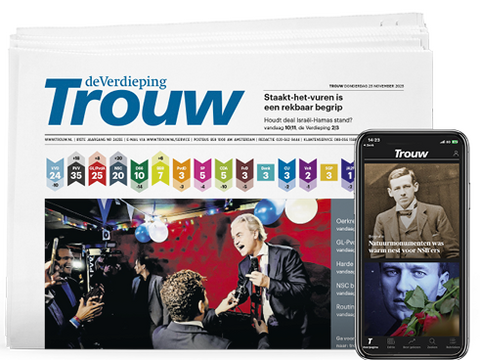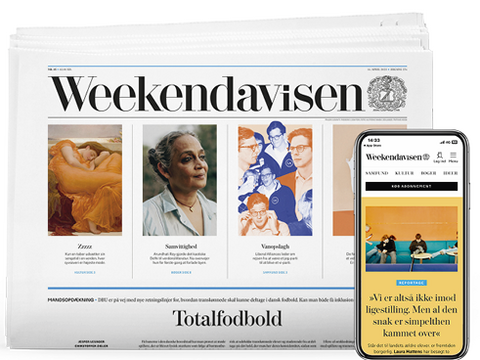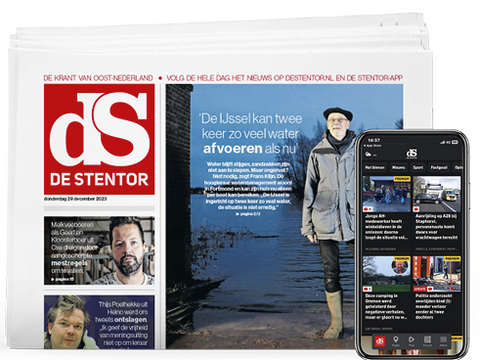News media
Grabbing the reader’s attention
and keeping

Erik van Gruijthuijsen
(63), Managing Director, Publishing
How many of the articles we read in the paper or online do we read all the way through to the end? Probably not as many as we’d like to admit. Many of us give up after only a few paragraphs, or after just two or three articles.
We’re trying to change that, by measuring when online readers close an article or start scrolling. Before the digital era, we had to rely on surveys of newspaper subscribers, which were held once a year. The results would tell us what topics people were interested in. For example, a respondent might say ‘I like to read about culture’ or ‘I’m interested in the economy’. But what kind of culture? And economy as in figures and statistics, or as in stories about entrepreneurs?
Online, there’s a lot more data for us to collect, on all of our articles, 24/7. We had already been doing that for some time in Belgium, but last year we started doing it for our titles in the Netherlands as well. The editorial analysts who do this work – in most cases journalists – help their colleagues write better articles. After all, that’s what every editorial team wants: to create stories that hold the reader’s attention for as long as possible, preferably all the way through.
There shouldn’t be a reason to stop reading, because you want people to feel fully informed. Editorial analysts advise on things like presentation, subheading placement and ideal paragraph length. They can also tell us what kind of photos work (or don’t work) in an online context.
‘Data reveals what readers care about’, it says above another article in this annual report. Initially, some editors called this ‘scoreboard journalism’, suggesting that we were trying to farm as many clicks as possible. But that’s the opposite of what we’re aiming for. Casual passersby, people who move on after reading one article, are not our main target audience. We want regular, loyal visitors – preferably people who appreciate our journalism so much that they become
long-time subscribers.
Daily digital reach
Paid circulation
de Volkskrant

487,192
337,233
HLN/Het Laatste Nieuws

2,175,764
267,224
Berlingske

226,549
98,986
NU.nl

2,749,895
B.T.

786,247
Trouw

159,714
106,941
Weekendavisen

27,934
44,780
De Morgen

297,156
59,635
Het Parool

231,202
61,721
7sur7

231,222
ADR
Total reach 4,844,108
Total circulation 904,368
AD

2,492,194
349,228
de Stentor

519,998
93,174
de Gelderlander

599,653
108,988
Brabants Dagblad

279,005
85,477
Eindhovens Dagblad

239,201
76,720
Tubantia

304,626
80,085
BN DeStem

250,296
71,523
PZC

159,135
39,173